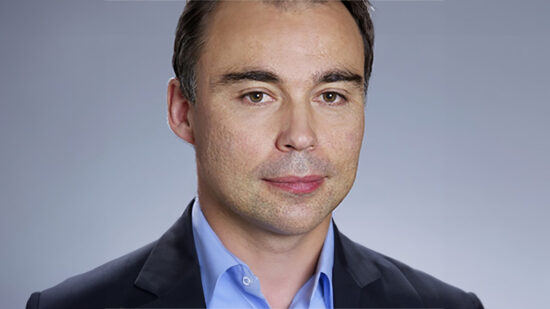What regulatory changes are being seen in the Middle East?
Today, the regulatory and business landscape across the Middle East is increasingly complex. Each country has different rules and different interpretations of those rules. That said, there is a consistent direction of travel. The regulatory framework is strengthening and is firmly aimed at delivering better outcomes for consumers. We have an open dialogue with all the regulators, aiming to stay on top of the changes.
It is not just the regulatory changes that are important. Client expectations are changing. Increasingly, clients expect an ongoing service, rather than simply product recommendations. This means the advisers’ remuneration model has to change and clients need to understand exactly what they are paying for. This means moving to a clear, customer-centric charging model. Advisers need to be able to demonstrate the value they’re adding.
Both regulatory change and changing client expectations are helping ensure that advisers see each customer as an individual, with specific needs. Too many times, advisers used to look at someone’s wealth and use that as the starting point for advice. Now, they need to look at their specific needs.
Are most advisers well-progressed in making the changes?
We have recently done a survey on this and found that a growing number of international advisers are reflecting the changes in their businesses. Overwhelmingly, 92% of advisers are aware of the regulatory changes and the need to transition. In most cases, we found that advisers aren’t simply sitting around and waiting for the rules to come into effect, but are getting on the front foot, with around 60% in the process of changing their model already.
Anecdotally, we see this gaining momentum all the time.
How do advisers feel about the change?
We know from the research that most are feeling positive. In particular, they cited three main reasons that the shift would help their business: they believe that regulatory change will ensure greater transparency. It will also help to professionalise the advice industry. Perhaps most importantly, they recognise that it will help them build better long term relationships with clients.
In many cases, advisers are also business owners and making these changes embeds value in their businesses. They also see the advantages for the client, with these changes really improving client outcomes. It is also shaping product development, improving the solutions that product providers offer to clients.
What solutions are being developed to help advisers make the change?
We find there is considerable innovation across the industry to help advisers deal with these changes and to bring better client outcomes. For example, we have been working to develop a Wealth Portfolio bond for UK expatriates working across the Middle East and Africa. This gives them a broad range of asset choices without the policy being regarded as highly personalised in a UK tax context.
With this product, Old Mutual International appoints Quilter Cheviot to manage an investment portfolio linked to the bond. The client, or anyone connected to them, has no influence over the investment choice. This means that the policy is not considered ‘highly personalised’. As such, the PPB deemed tax charges are not applicable and investors can return to the UK with the same bond without having to change the breath of investment choice.
We also have our International Investment Bond. This is a tailored and controlled approach using guided architecture. Advisers can either use the GlobalSelect range, where funds are continuously monitored and updated, or the SelfSelect range, which gives greater access to a focused range of funds from external fund groups should investors want to outsource their investment choices. There is also the Compass portfolio range, which are risk-targeted funds, managed by Old Mutual International’s Investment Division. We have also delivered new offshore bond solutions in Latin America, the UK and Middle East.
Is outsourcing becoming more prevalent?
The most important thing is improving the investment outcomes for clients. A few years ago, we tended to talk about products, rather than meeting the needs of the client. Advisers need to adapt their businesses to changing regulations and client expectations if they are going to survive. Many are building a centralised investment proposition and evolving to become ‘future fit’. For many, outsourcing will be an important part of that.
What is Old Mutual International doing to help advisers in the region?
We are doing all we can to help advisers become future fit and support those advisers that have started on the transition journey. We created ‘Future Fit’ to give them the tools they need to make the transition more quickly and easily. Our website has all sorts of online resources and downloadable materials that they might need. We believe it should help the transition be as painless as possible.








